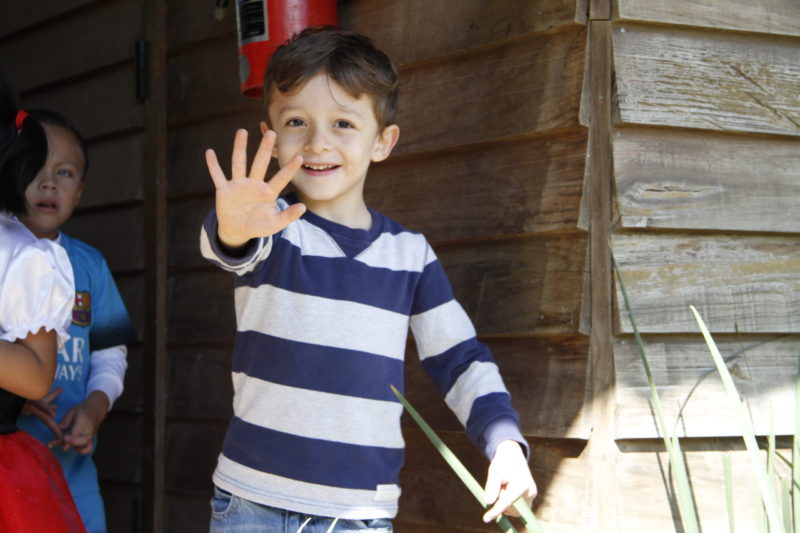STAFF EXPECTATIONS
As part of the counseling department, all members of the community receive yearly Professional Development training, policies are reviewed and revised yearly and administrators continue certifying with EduCare.
The role of our Technical Director is to ensure compliance with local laws.
In Guatemala, the Law for Integral Protection for Children and Adolescents (known as “Ley Pina”, Decree number 27-2003) and the Law against sexual violence, exploitation and human trafficking (Decree number 09- 2009) promote the protection of children and youth in the country, particularly through the following articles:
Article 54. Protection from abuse. The State shall prevent and protect children and adolescents from any type of abuse or neglect.
Article 56. Sexual abuse or exploitation. The State shall protect children and adolescents from any type of sexual abuse and exploitation.

Child abuse is a form of maltreatment of a child: abuse or neglect by inflicting harm or by failing to act to prevent it.
Children may be abused in a family, or in an institutional, educational, community setting by those known to them or by others unknown to them (ex. via the internet). They may be abused by an adult or adults, or another child or children.